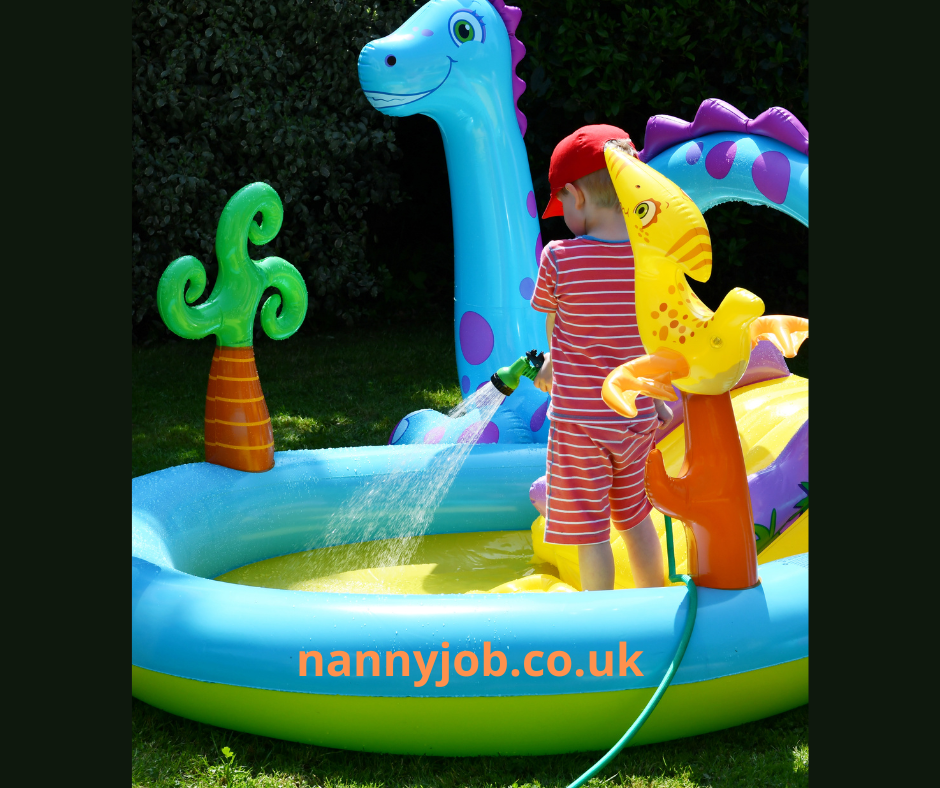Having one baby is hard work, we all know that. The thing is, unless you have a multiple birth (or children very close in age) you don’t realise just how tiring and relentless (although extremely rewarding!) looking after two or more tiny tots can be.
So, as always, we have a wealth of top tips to help if you have your own, or nanny for, twins or triplets:
- Routine is king. This, of course, applies in theory to all babies. You’ll find it is much more necessary with twins. Make sure you put the babies down to sleep at the same time, and try to feed them at the same time (or one straight after the other). Even of one cries for food whilst the other is sleeping, in the first couple of months it can really help to wake the other one to feed as well.
- Togetherness. If possible, keep your babies together, whether this is in the same cot or just in the same room. Twin babies are almost always comforted by knowing the other one is nearby, and having physical contact with each other. They’ve had nine months of sharing everything, so it would be a massive adjustment for them to then spend a lot of time, or sleep, without the other.
- Support system. It’s important to get as much help as you can as a parent of twins. If your partner has returned to work and you find yourself alone and incredibly stressed, pull in your support network. Ask relatives and friends or regular baby-sitters to provide relief, if you haven’ got a nanny. Remember that it will be easier for anyone to help you if you suggest specific tasks, such as feeding or bathing one of the babies, taking them out for a stroll, shopping, cleaning the kitchen, or preparing a meal.
- Get some ‘me’ time. It’s important to have a little bit of time each day, if possible, to relax. Even if it’s a 20 minute bath when your partner gets home from work, or half an hour of reading before you go to sleep. It’s a fact that stress and anxiety are more common in parents of twins, so making sure you grab a few golden moments of time for yourself is key.
For more help and information on twins and multiple births visit Twins Trust | Twins Trust – We support twins, triplets and more…




